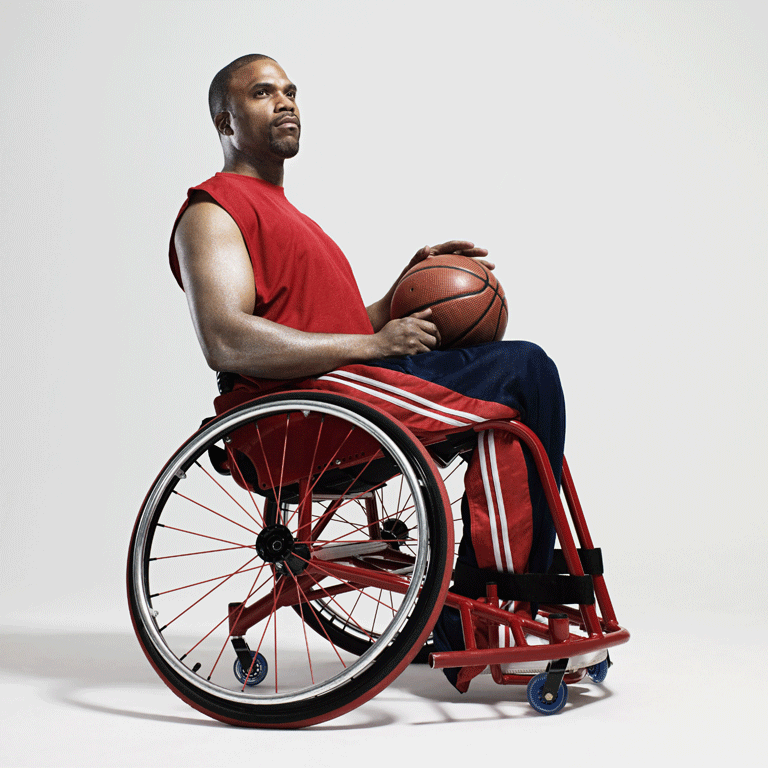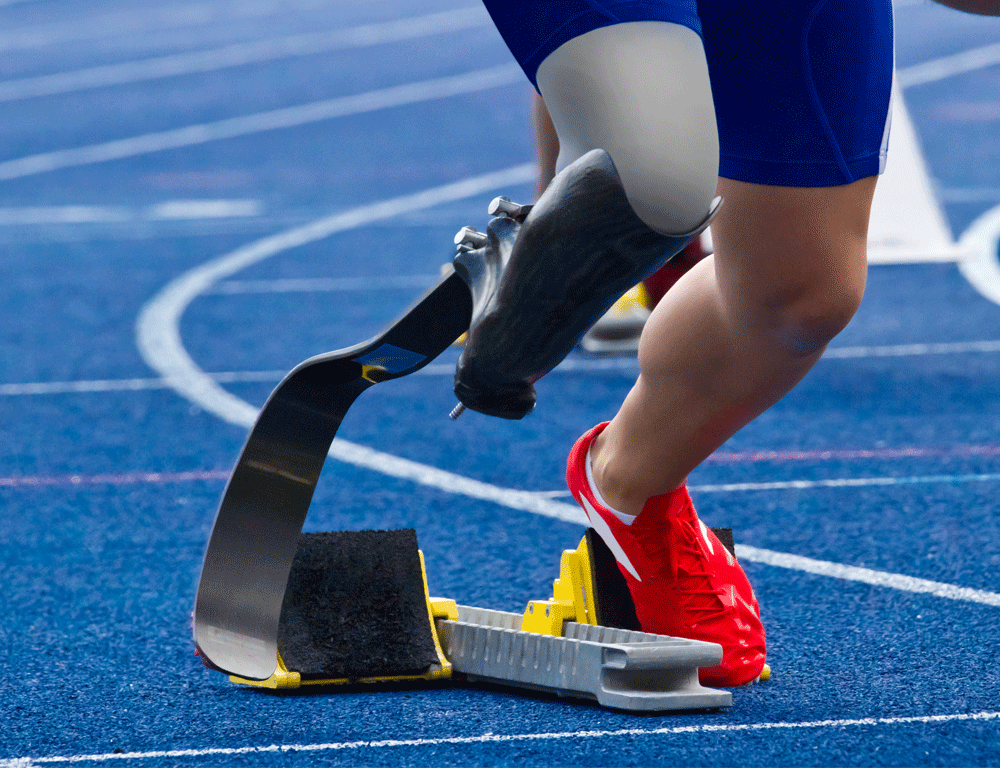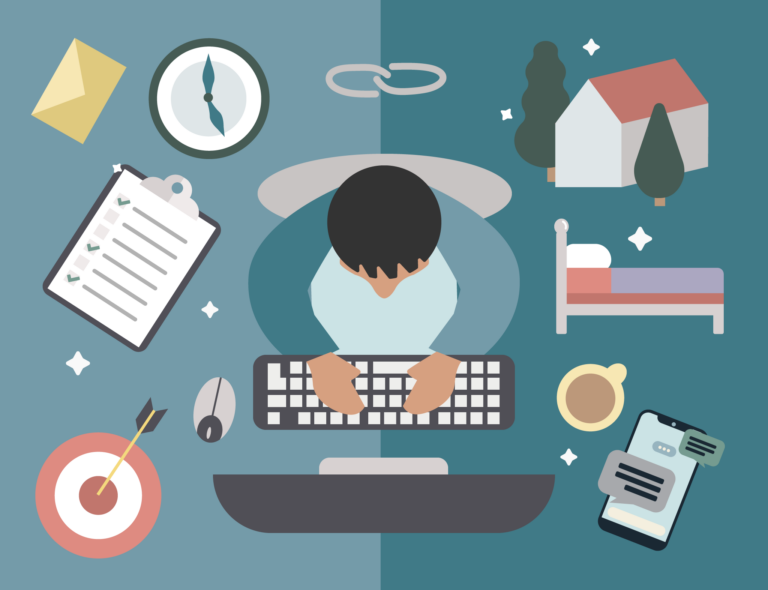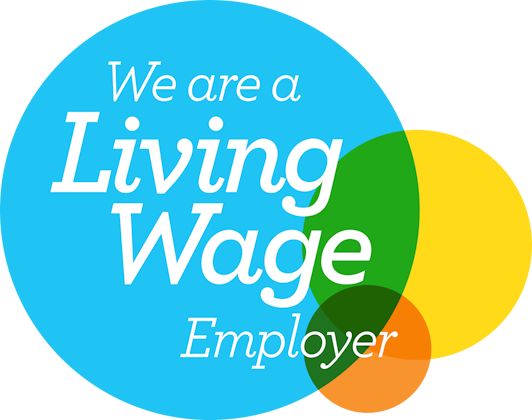The UK medal tally for the Tokyo 2020 Paralympic Games is mounting but at what mental cost to the athletes taking part? This year, athletes across the sporting spectrum have spoken out about the huge pressure they place on themselves in representing their sport and their nation, but for disabled athletes, the pressure is potentially even greater, where they are proving their sporting ability over their disability.
Pressure to qualify, pressure to be ready to compete, avoiding injury and illness – and this year, not catching Covid or being caught up in the ping-demic – will take its toll on mental health and wellbeing.

Emotional turmoil
Former Paralympian and TV presenter Ade Adepitan wrote recently in The Guardian about his feelings ahead of the Tokyo Paralympics.
“One of the great things (to have come out of Tokyo 2020) has been that athletes have finally been able to talk about the impact that these pressures have on their mental health.
I don’t think the general public really understands that, the emotional turmoil that we feel. I think they love the idea that we are these indestructible beings who are able to cope with it all; do or die every four years. We go into the sport wanting to take that on, don’t get me wrong.
We want to put ourselves in that position. But for us the whole cycle of the Games is like getting in your car and driving at 100 miles an hour every day.” “Many of us suffer from impostor syndrome at some point in our lives but as elite athletes, you’re not supposed to talk about it, or show any signs of weakness.” Ade Adepitan
There’s also funding pressure; athletes are told without medals their sport’s funding will be lost. And that’s a big deal for Paralympic or minority sports where there are fewer sponsorship opportunities available.
“Telling the world, ‘I’m going to help show what the possibilities are’ put a huge amount of pressure on me, and my whole life suffered. I was trying to push myself beyond my limits.” Amy Purdy
Sports psychologists are part of her non-profit Adaptive Action Sports, which she founded in 2005 to help those with permanent disabilities get involved in action sports.
Going into the games in 2018, she took the pressure off herself and came away with both silver and bronze medals.
Mynurva applauds athletes, like Amy, who are bravely speaking out about their mental health and its impact on their physical performance.
“Mental health is just as important as physical training. You can physically train all you want, but when you step into competition, if you mentally break down and can’t handle the pressure, then you’re not going to be able to perform.” Amy Purdy
Mynurva’s Mental Health Service
Mynurva has responded to the overwhelming need for mental healthcare by expanding its service to support organisations, businesses, universities and charities with accessible, digital mental healthcare. As the only UK service available from 8am to 10pm, 7 days a week, with appointments available within 24 hours, anyone in needs can access help from their car, hotel room, airport lounge or anywhere else, 24/7.











